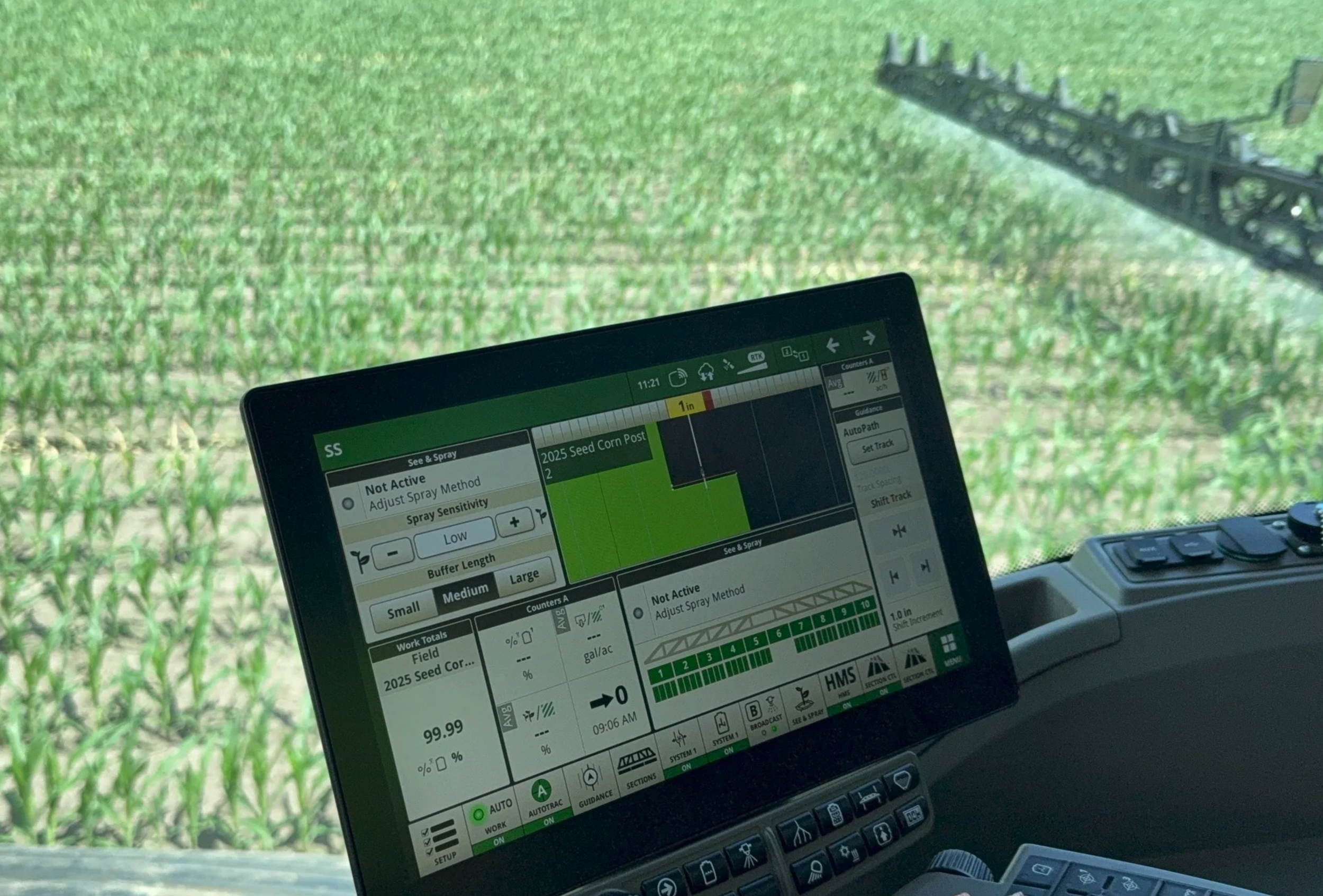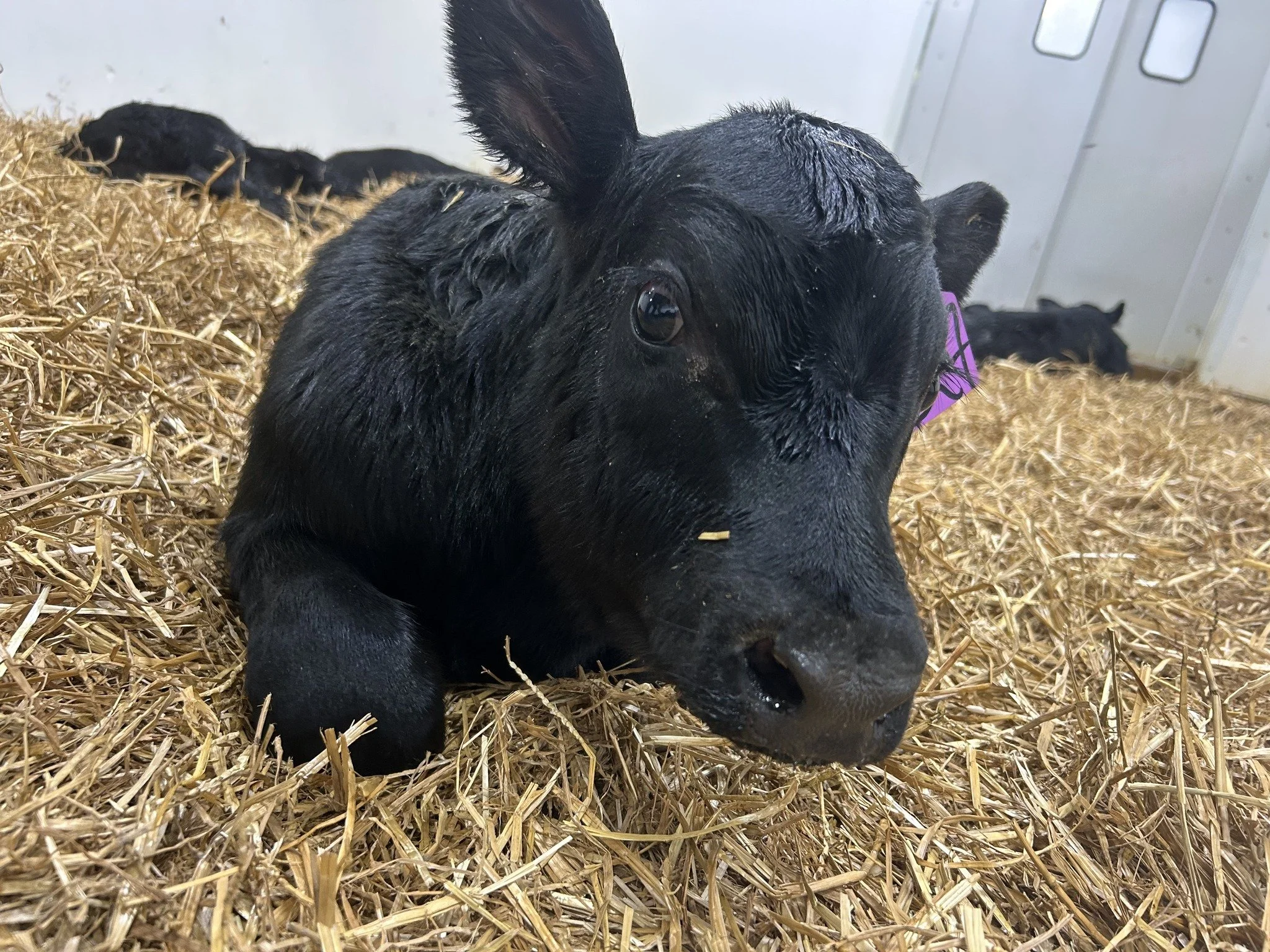Legal Issues Facing Midwestern Hops Farmers
/Craft beers are more popular today than ever before. According to the Brewer's Association, craft beer sales grew 12.8% in 2015 and the craft beer market overall is worth roughly $22 billion. Indiana now has 115 craft breweries (compared to about 50 in 2011), producing 182,978 barrels of craft beer each year, enough for 1.2 gallons per adult Hoosier. Illinois has 157 craft breweries which produce 595,237 barrels of beer each year, or 2 gallons per Illinois resident over 21 years old. In short, the Midwest is becoming a craft beer heaven.
Hops are the female flower cones from the hop plant (Humulus lupulus). The female flowers produce lupulin, a substance that offers favorable beer characteristics by adding bitter, flowery, citrusy, fruity, or herbal flavors and aromas. The USDA estimates the US 2015 hop market totaled about 77.8 million pounds with a $345.4 million value, up significantly from 2014. Even with the recent growth in craft beers here in the Midwest, most hops are still produced in the Pacific Northwest. Our northern neighbor, Michigan, ranks fourth in the country for hops production. Locally grown hops throughout the Midwest will stabilize the hops market, assuage concerns of a hop shortage, and support the local foods movement.
Starting a hops farm here in the Midwest has big potential payoffs, but the expenses to getting to peak production are not insignificant. Because the hops plant is a climber, tall trellis systems are required. These systems are hardware and labor-intensive. Irrigation and pest management are always a concern. Farms like Sugar Creek Hops and Purdue's agricultural center are figuring out what hops varieties grow well in the humid Midwestern climate.
New hops farmers also should consider the potential legal issues involved:
- What county zoning requirements will affect your growing operation? Do you need a variance or special exception?
- What kind of insurance do you need? Insurance for property damage? Personal injury? Products liability insurance?
- What is the neighborhood's likely reaction to a new hops farm? Are you concerned about potential nuisance lawsuits? Complaints about trucks, pesticide use, dust, pests, or other natural agricultural issues?
- Who will you hire? What employment laws will apply to your operation?
- What food safety rules apply to hops? Will you be inspected by any government entities?
- Do you need any permits or licensing?
- Will you trademark your hops? Your farm name?
- Will you invite the public onto your farm as an additional stream of revenue? What additional risks and rewards does agritourism bring with it?
- What do you need to do to manage and limit your farm's liability exposure? Should you create an LLC? A corporation?
- Will you sign contracts with specific brewers, suppliers, or nurseries? What will those contracts look like?
- Will you join a cooperative that shares hops production equipment? What terms will that sharing agreement include?
Farmers should make plans for the hardware, labor, and legal requirements to enter this growing agricultural market. The Midwest is turning its agricultural know-how toward the hops industry. That is good news for brewers and beer drinkers alike.





